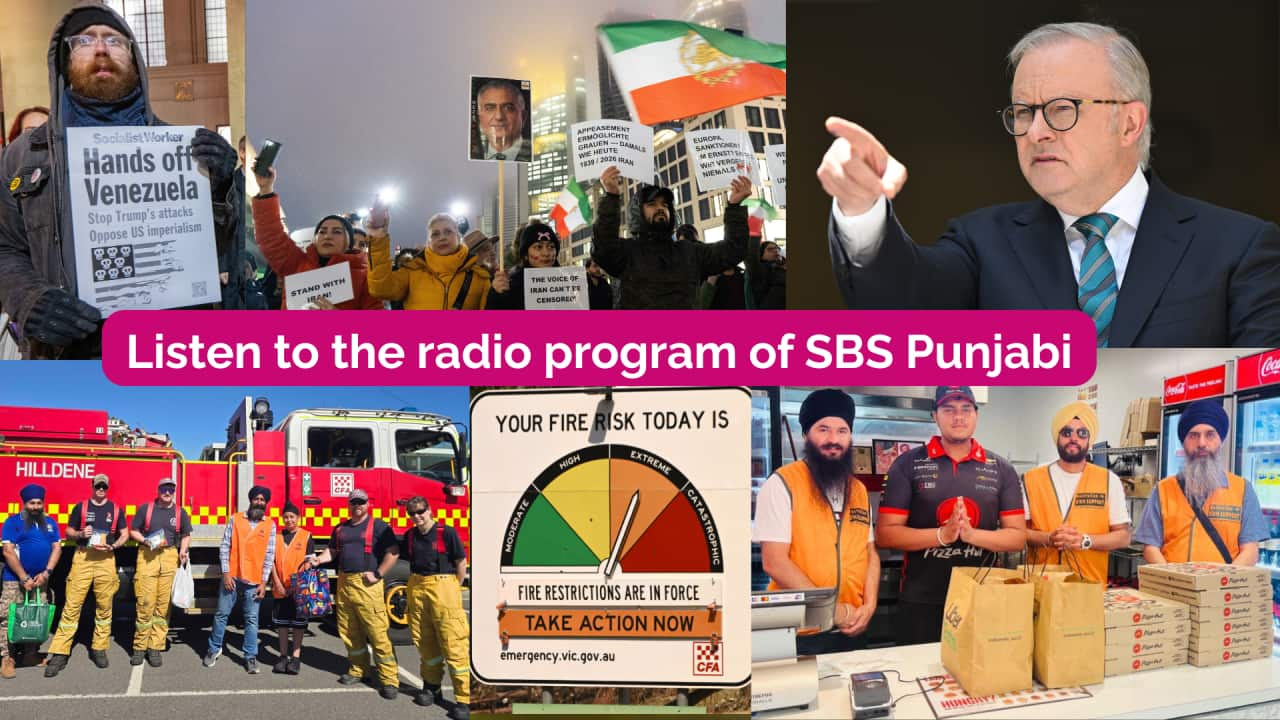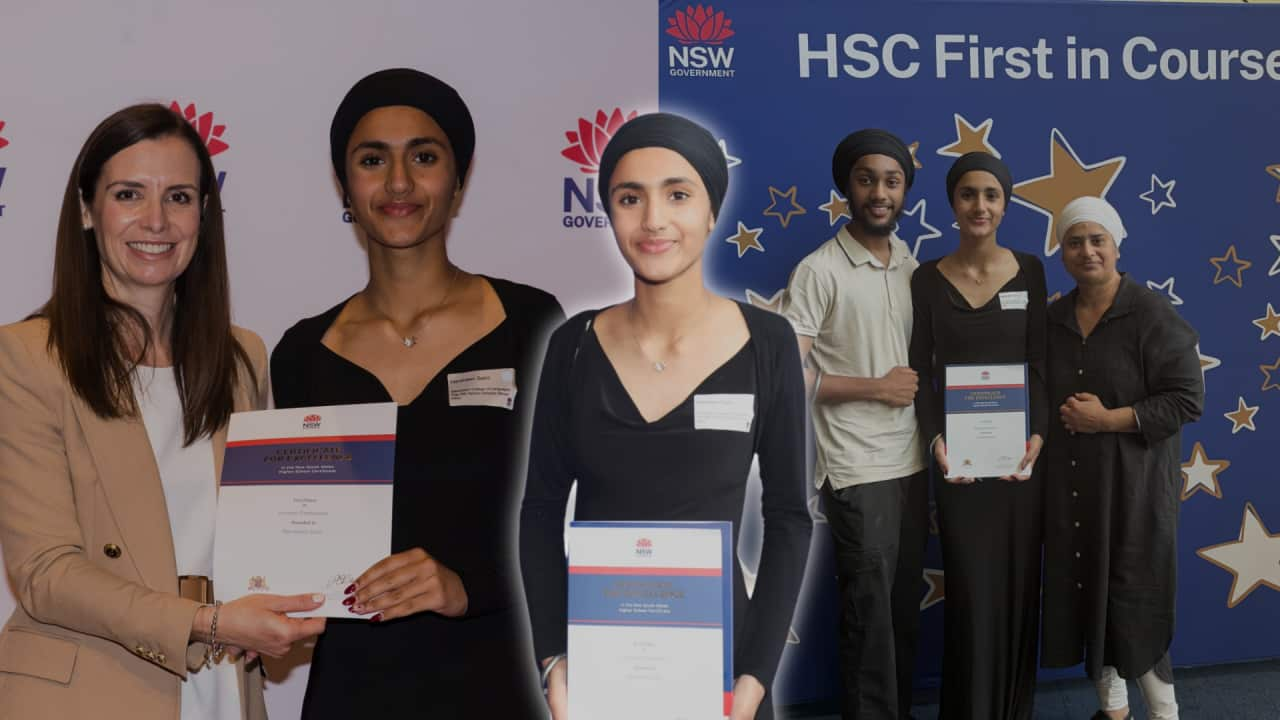For nearly a quarter of a century, a group of peaceniks from India and Pakistan have been celebrating the Independence Days of both countries together at the Wagah-Attari border, that separates India and Pakistan.
From a candlelight vigil that is the highlight of the event, to seminars, musical and theatrical performances by prominent artists of both countries, this joint celebration has gathered steam over the years after it was first initiated by iconic Indian journalist Kuldip Nayyar and peace activists like Nirmala Deshpande under the banner of Hind-Pak Dosti Manch.
Many other organisations which wanted to join the peace caravan, followed suit and hence the event became a yearly ritual for mid-August.
Every year, on the intervening night of August 14 and 15, the former being Pakistan’s Independence Day and the latter India’s, Hind Pak Dosti Manch, along with the Amritsar-based Folklore Research Academy, South Asian Free Media Association (a group of media professionals and academicians spread across South Asia), have been organising this iconic event for the last 23 years now.
Ramesh Yadav, the head of the Amritsar-based Folklore Research Academy, spoke to SBS Punjabi about this year’s event. He mentioned how it was different this year because some participants from Pakistan were not granted visas for India and vice-versa, ironically, to support a peace-promotion event between the two countries which are currently at loggerheads with other more than ever before.
He also spoke about the three leading lights of this movement from Pakistan – playwright, journalist and poet Munnoo Bhai, theatre doyenne Madiha Gauhar and human rights lawyer Asma Jahangir -- who passed away since the previous year’s celebrations and how this year’s event was dedicated to their memory.
You can listen to this feature in Punjabi here.




